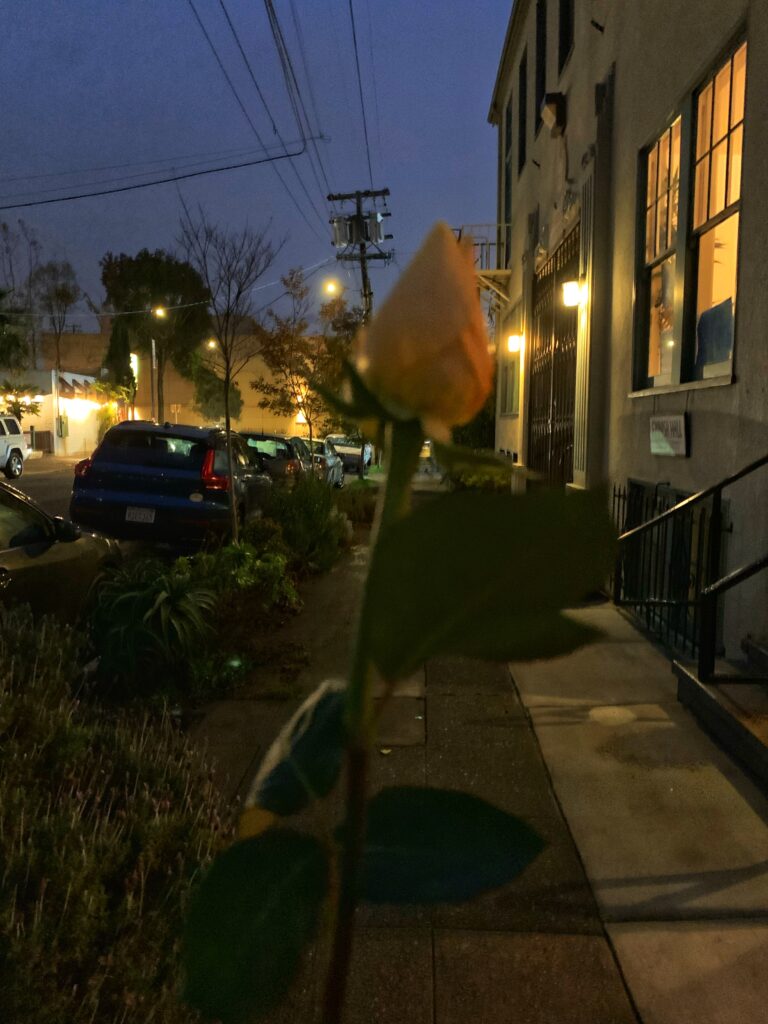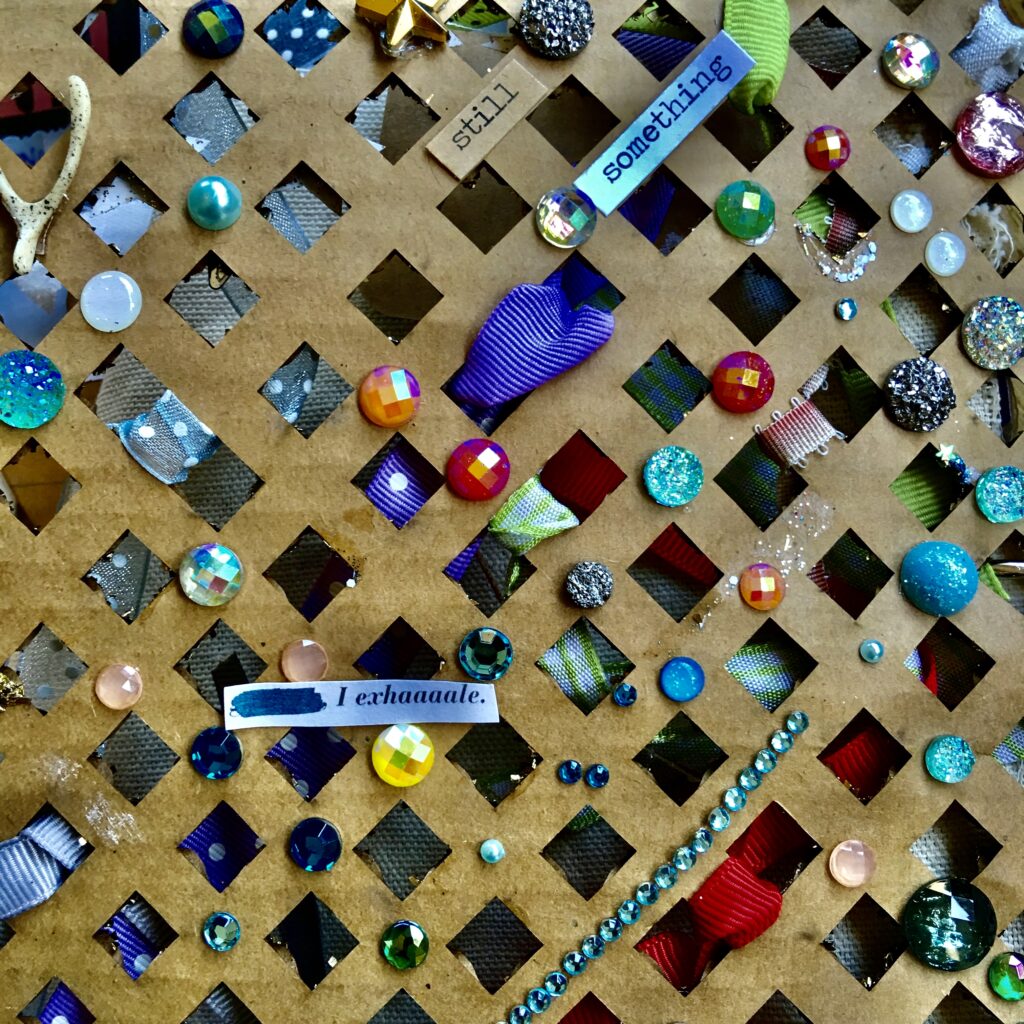Improv has become a kind of life philosophy for me. My background and experience in improv led me to pursue my MA in drama therapy. In holistic wellness consulting I integrate drama therapy to conceptualize improv as a powerful tool for personal growth and transformation.
Most people think of improv as a way to be funny. But roiling beneath the surface of improv are many powerful processes. Improv doesn’t even need to be funny. Psychodrama, for example, leverages elements of improv centered on more personal explorations. There are different types of improv, such as short-form game styles and long form, which can include entire improvised plays. When I think about using improv in a personal growth context, I’m less concerned about these distinctions and more interested in emphasizing certain underlying processes including embodiment, relationships, communication, play, spontaneity, inner parts of self, and divergent thinking. Further, one’s experience in improv can function as a kind of microcosm for their ways of relating to themselves and others beyond the stage: managing the inner critic, self judgment, a tendency towards control, relationship to uncertainty, self expression, empowerment, confidence, mistakes, etc. Improv directly confronts perfectionism.
I think of improv as interpersonal mindfulness in action: it focuses on communication at all levels (verbal and non verbal); relationship (to self and other); and fully inhabiting the present moment.
There is no script in improv. But, this does not mean improv has no structure or best practices. Spoiler: life also does not have a script.
Improv allows us to play with vulnerability. One way to use improv for personal growth is to focus on strong relationships in which characters explore, express, and grapple with how they honestly feel about one another. In our real lives we may at times hide how we really feel for various reasons, but in improv we are direct and honest. This honesty and vulnerability often leads to surprising results and deepened interpersonal connection in the scene. In fact, ‘being coy’ in improv is often unhelpful.
Sometimes we make mistakes in improv. These are often embraced; improv has a beautiful attitude towards mistakes. But, sometimes we judge ourselves harshly for something we said or did, or didn’t say or didn’t do, and we carry that off the stage with us. This is an opportunity to practice awareness and change in how we relate to the part of ourselves that tears us down. For me, in a personal growth context, I emphasize how improv cultivates an open minded, aware, non judgmental, and playful attitude towards what is unfolding in the present moment. This is the difference between being and thinking.




